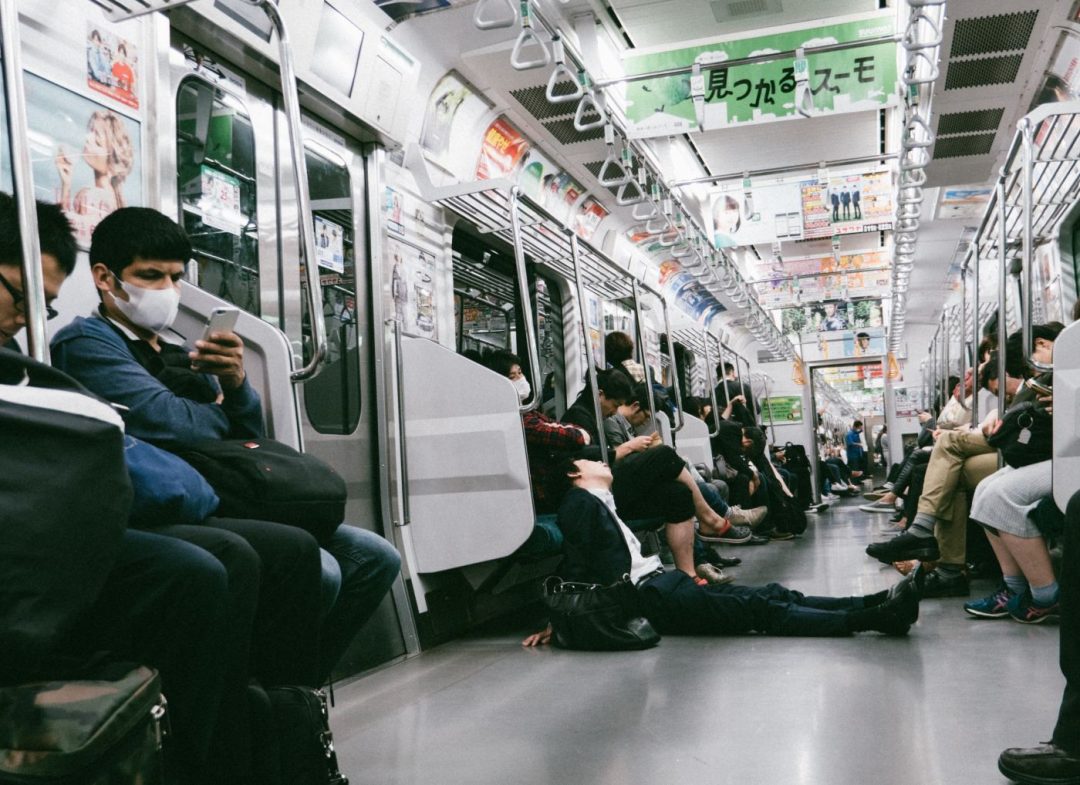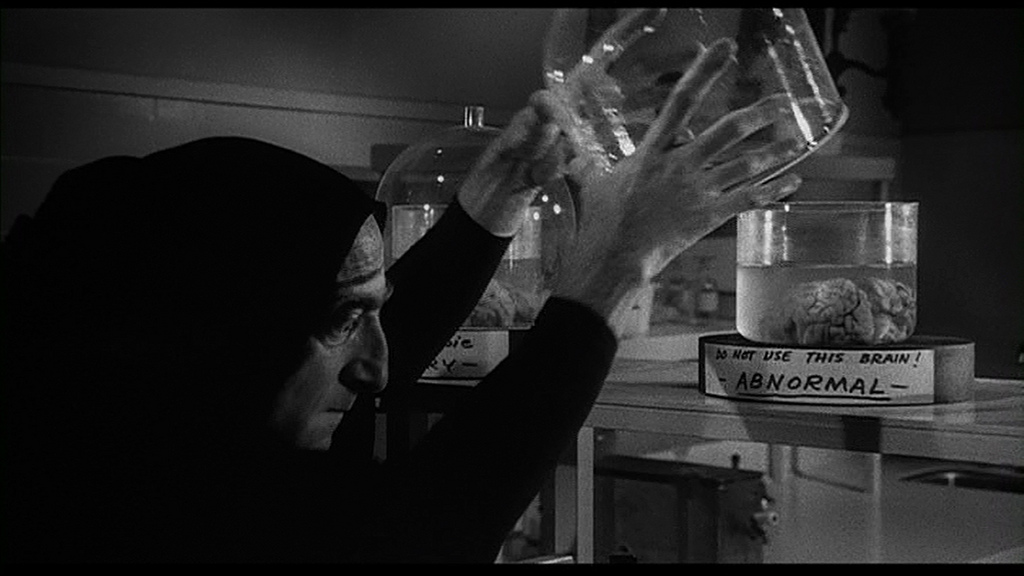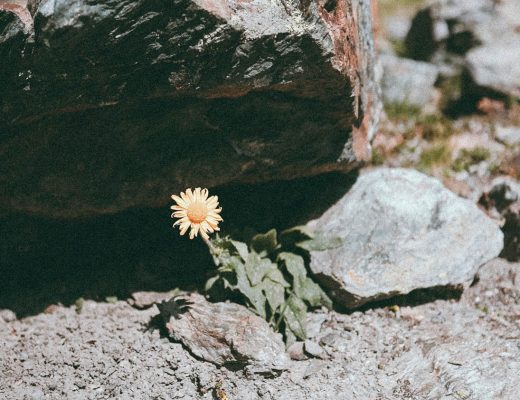So here we are. The world panics, gobs of people grow ill and die, and everywhere comes the question, “When can we return to real life?” or, similarly, “When will we get back to normal?” To which I think, “Why?”
Years ago when my ex-wife returned from her six-week stint in a posh upstate New York rehab facility, she looked great – color in her cheeks, flesh on her bones, and a rejuvenated personality. After a pleasant lunch during which my heart silently sang with relief, we said our good-byes in front of the restaurant and she said, “I’m really looking forward to getting back to my old life.”
My heart sank. Why? Why return to a way of life that put her in that position to begin with?
The answer, of course, is that it’s the only life we know. We see alcoholism or drug addiction or any of a thousand other life problems as aberrations – a brief chapter of suffering we need to get over so that we can return to our life’s story. It doesn’t occur to us to question the story itself.
The same opportunity presents itself on a global scale. COVID-19, like SARS and MERS and Ebola before it, emerged because of human crowding into wild spaces. Why are so many Asians, for example, squeezing into urban centers? For jobs. Because the rest of the world is addicted to cheap, convenient Chinese stuff.
Most of that stuff later ends up in our oceans, landfills (and groundwater), and skies. We’re literally poisoning our planet – and ourselves with it – because of our material addictions.
A huge swath of northern China enjoyed clean air for the first time in decades because China had to shut down all those polluting factories to stop the spread of COVID-19. But good news, everyone, they’re coming back online and Amazon will have more of their stuff on your doorstep in no time! And the planet groans.
Trump calls COVID-19 a Chinese virus. It’s not – it’s a human virus.
I’ve heard several people talk about how difficult all this must be on younger generations, kids who are just starting out in this world and suddenly freaked by society lurching to a halt. I guess they haven’t been paying attention to the epidemic rates in youth depression, anxiety, addiction, and suicide.
Tens of millions of kids in the developed world are confessing to feeling lost, apathetic, suicidal – but yes, it’s key that we get them back to real life as soon as possible.
What If?
What if we used this time to reconsider the way we are living our lives? What if we took this time to examine what it actually means to be a human? What if, instead of returning to the notion that we humans ‘hold dominion’ over the rest of the world, we acknowledge that one of life’s tiniest, invisible elements has us cowering in our homes? What if we acknowledged, before yet another pandemic emerges, that we’re not just interconnected with the natural world, but we are in fact one and the same with it – that there’s no separation at all?
And what if, instead of hoarding supplies and arming ourselves to take care of me and mine, we recognize, again, that we are all one and the same – that what I do to my neighbor is what I do to myself? What if, while we’re socially isolating, we took a bit of time away from streaming movies and films and investigated with the great spiritual teachers have tried to teach?
Life has presented us with an epic opportunity to reevaluate these ‘me’ things and their so-called life stories. It’s asked us to consider how we treat the world around us including each other. It’s even asked us to consider life and death and what those really mean.
My ex-wife died a few years after our sidewalk conversation, leaving behind two devastated kids. I often wonder what might have been had she opted not to return to her old life.
My hope is that we take much bigger lessons from COVID-19 other than the stock market tanked and some young people missed the opportunity to drink themselves stupid over Spring Break. Because it’s increasingly clear that we and our planet are running out of time.



